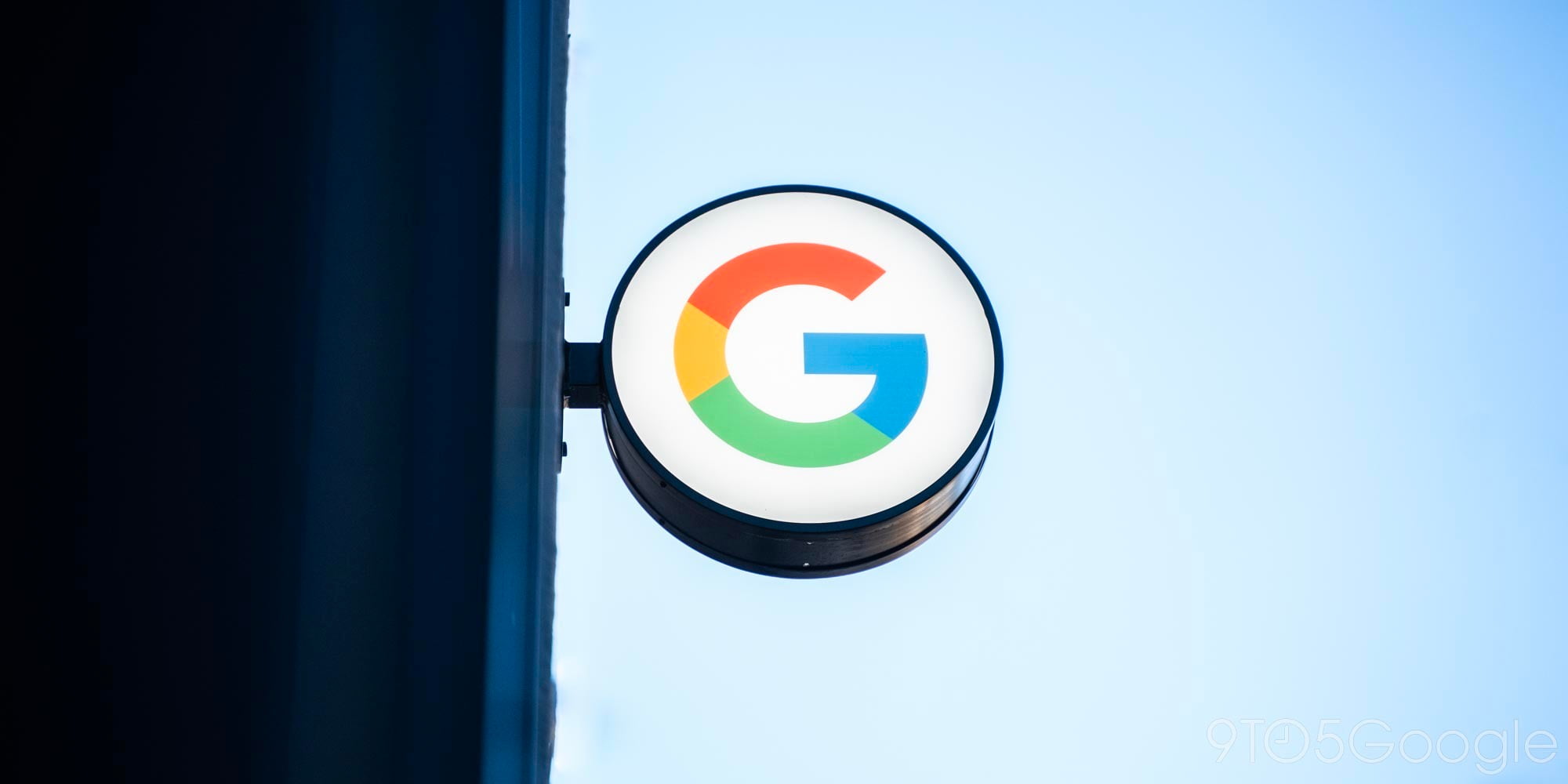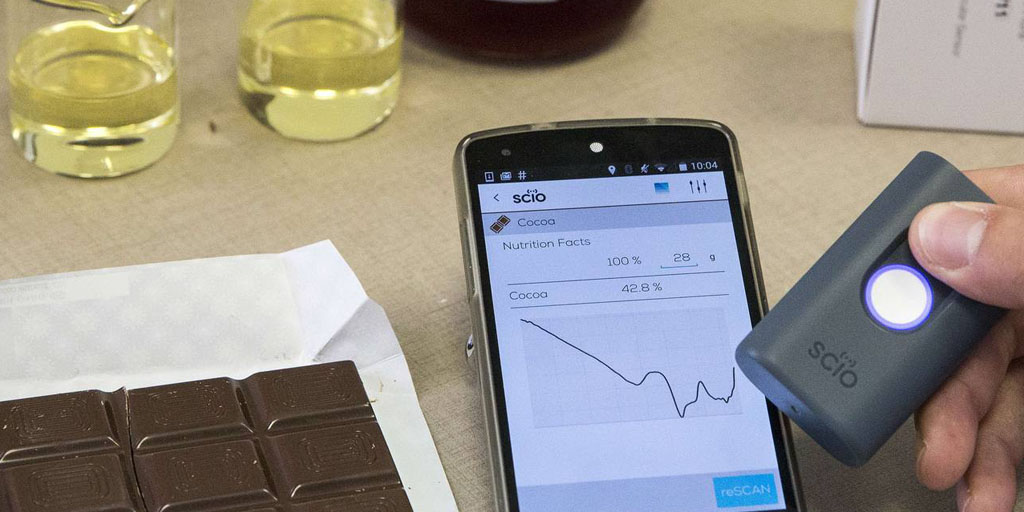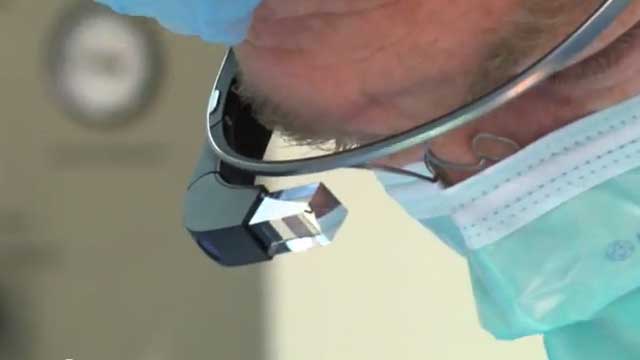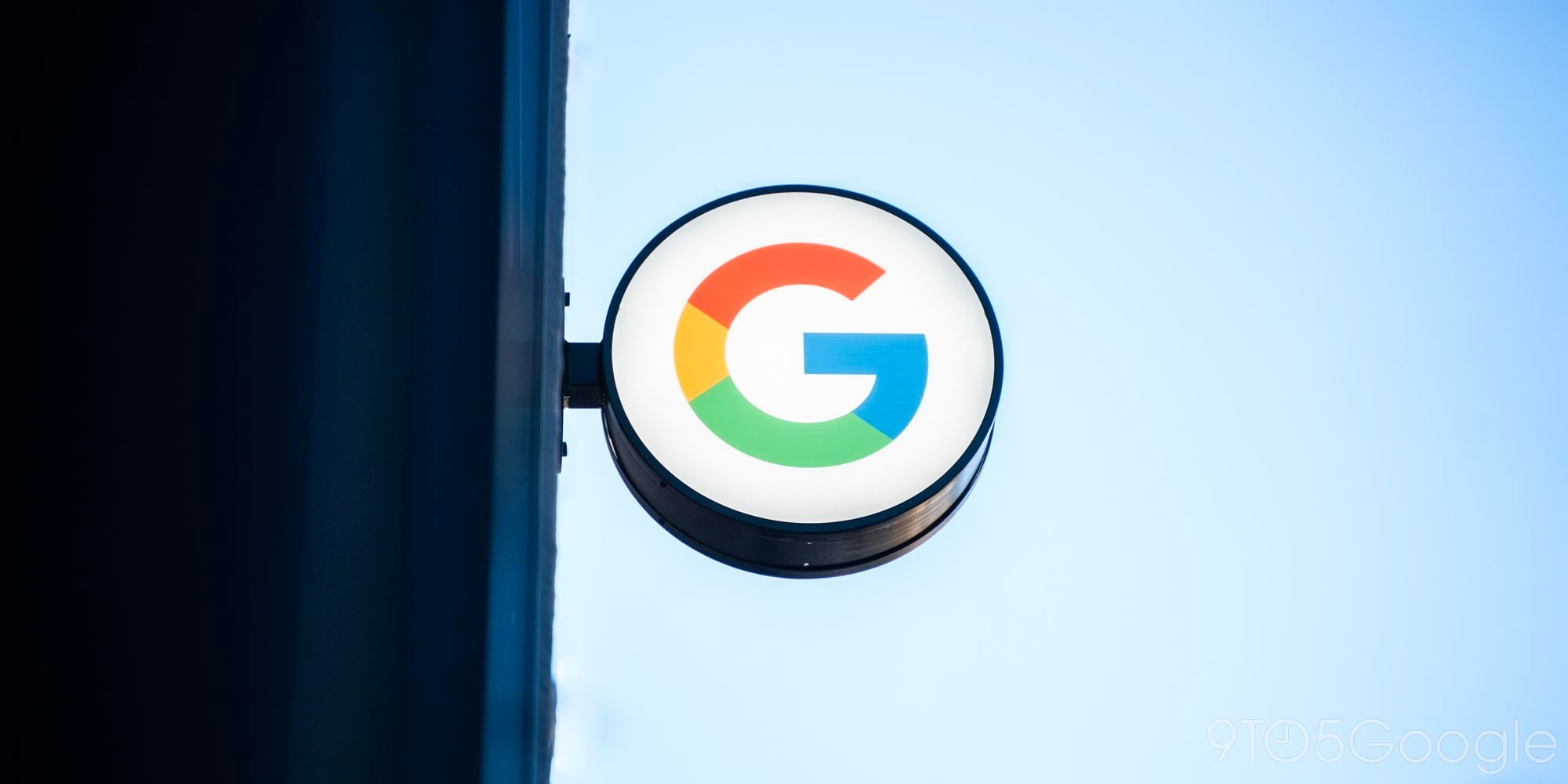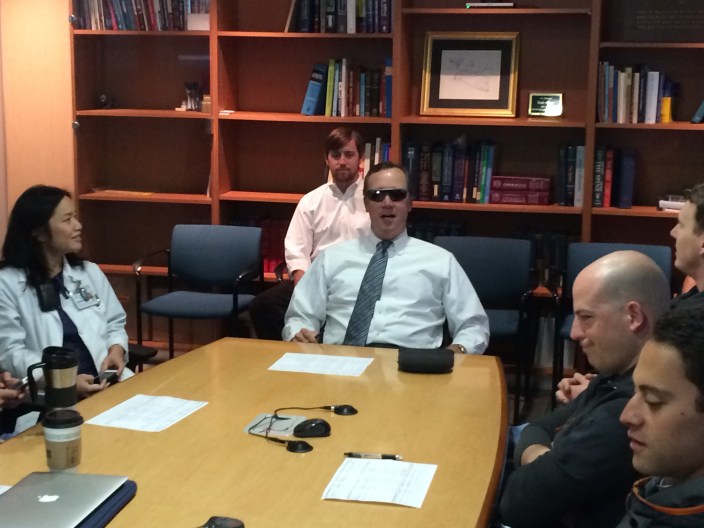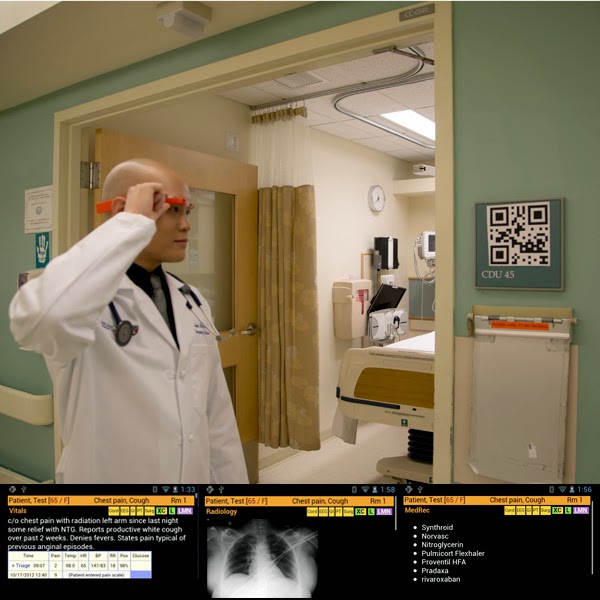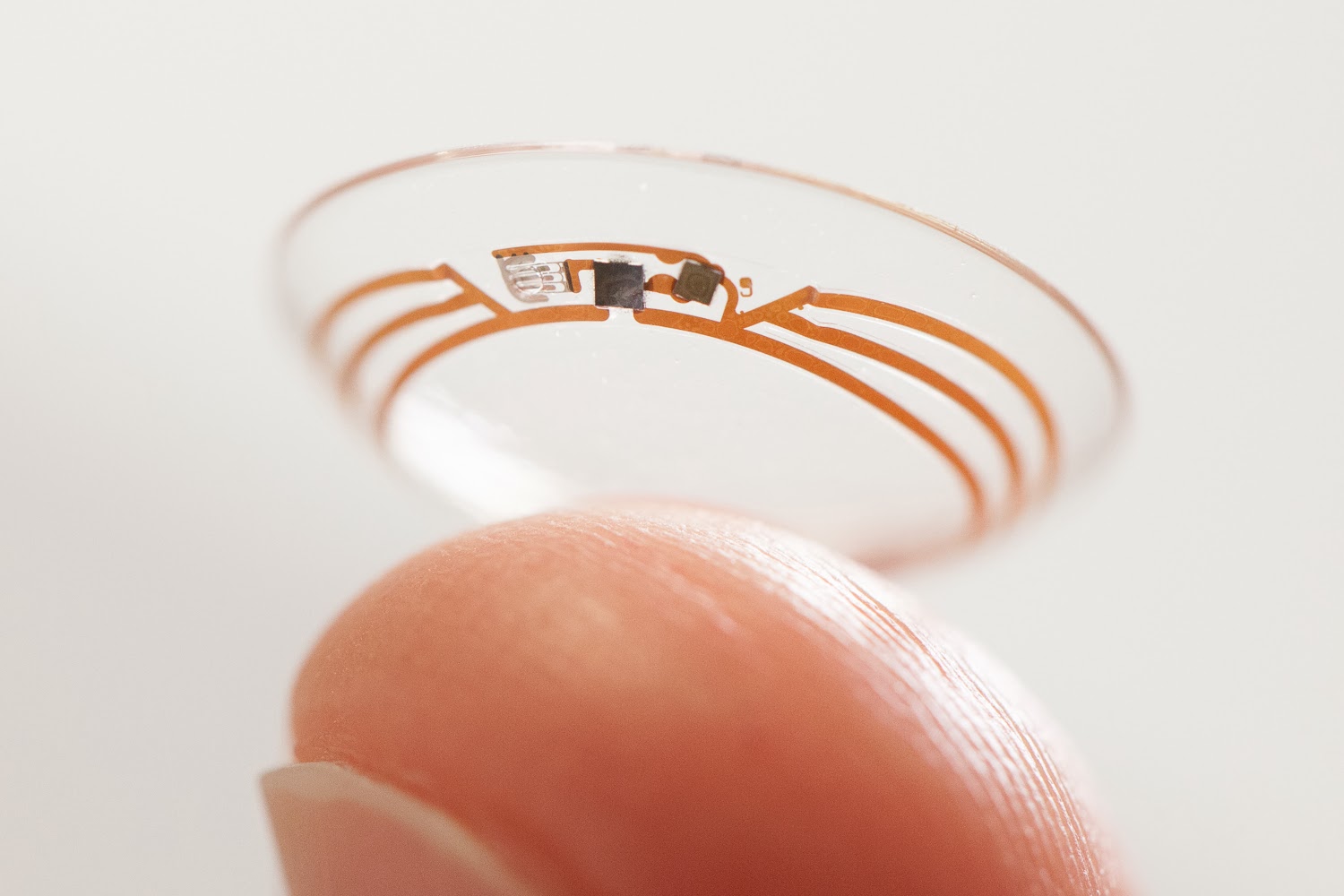
Google published a blog post today detailing its newest project: a smart contact lens that can monitor glucose levels for diabetic users. The lens uses a small embedded sensor to measure the glucose in tears and a set of LED lights to signal when levels reach certain thresholds. Google says it has experimented with prototypes that can take readings up to an incredible once per second and completed several clinical trials.
Earlier this month, Google X employees met with the FDA staff responsible for biosensors and medical apps, and it was speculated that the company could be working on a smart contact lens. Google has said it is still discussing the future of such a product with the FDA, and that it will take time before a product like this is mature enough to release to the general public. When the time finally comes for this project to go to market, Google plans to work with unnamed partners to manufacture the devices and get them into the hands of patients and doctors.
And if you think Google is going to stop at glucose monitors, check out the Solve for (X) video below with one of the heads of Google Glass discussing putting the hardware in your contact lens…
[youtube=http://www.youtube.com/watch?v=d6g581tJ7bM]


